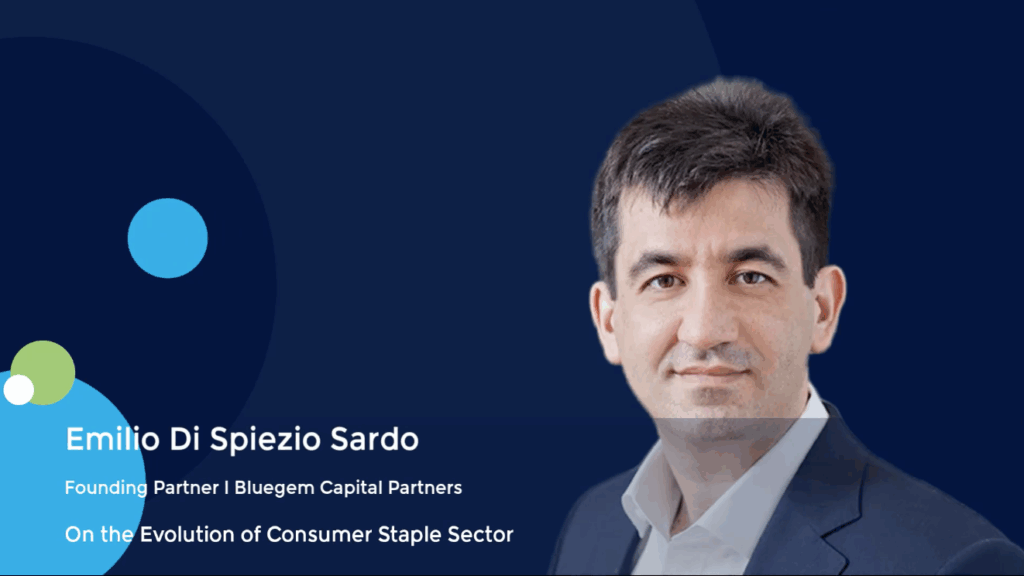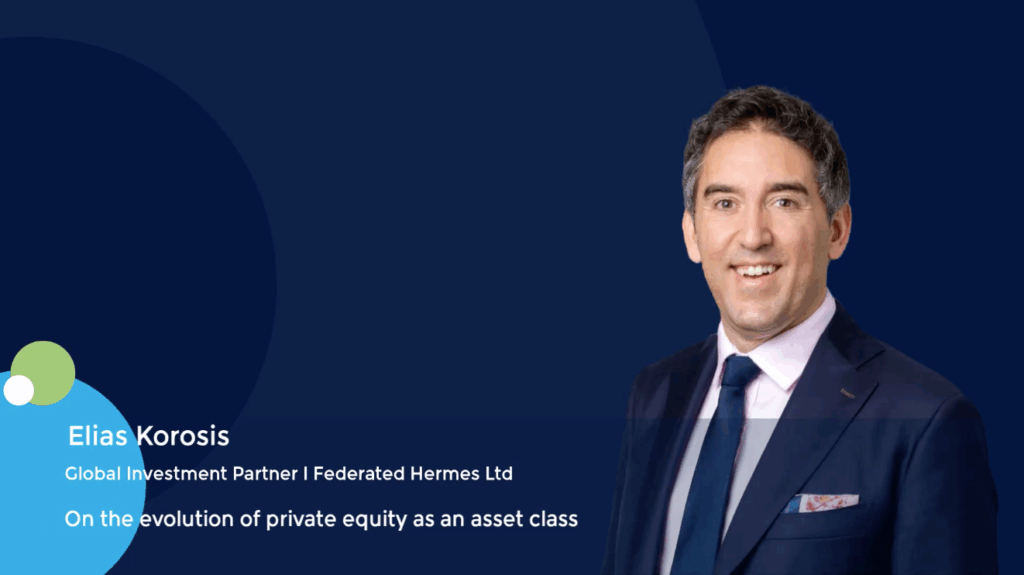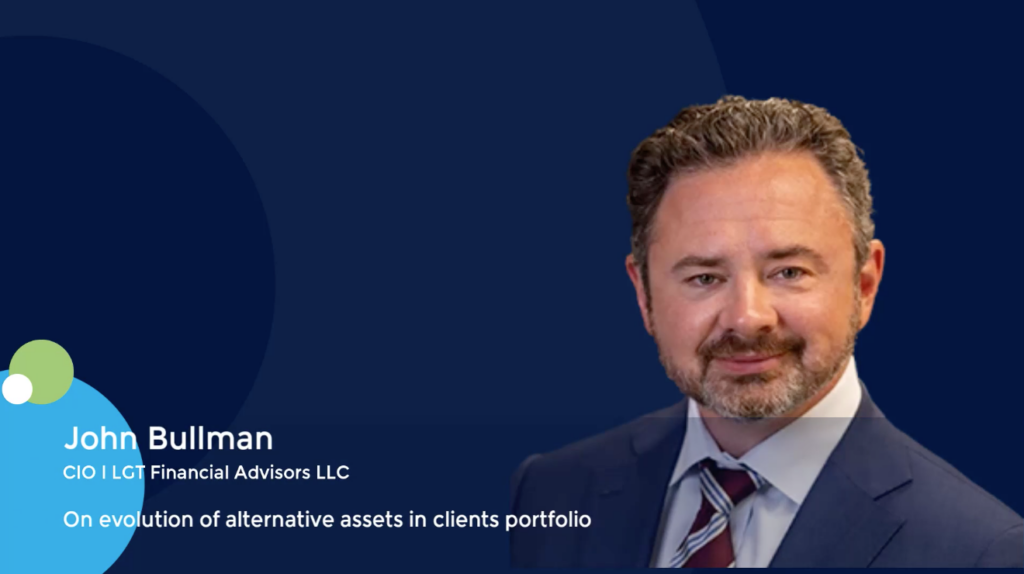Private equity and elections: How Asia investors perceive political risk
Fiscal management, governance, and geopolitics are coming into focus as elections take place across the region. Impacts vary – especially in emerging versus developed economies – but none can be ignored
Pakistan’s general election in February followed two years of political unrest culminating in the country’s parliament voting to remove Prime Minister Imran Khan. He was later jailed on corruption charges.
Khan’s party, the PTI, still secured the largest vote share, but the new government will be a coalition comprising the centre-right PMLN and centre-left PPP. Numerous foreign governments have expressed concerns about the fairness of the election amid accusations that the military manipulated the result to favour Shehbaz Sharif of the PMLN, who has been installed as prime minister.
“When investors talk about stability, they mean policy continuity and visibility as to how things will shape up in the near term. Our elections haven’t necessarily led to that,” said Rabeel Warraich, founder and CEO of local VC firm Sarmayacar. “There are question marks as to how long the coalition government will last, how strong it will be, and to what extent it will even reflect people’s choices.”
One response is to write off Pakistan as un-investable. Some groups are already doing that, according to Steve Wilford, an Asia Pacific partner and a member of the global risk analysis team at consultancy Control Risks, with political uncertainty adding to existing concerns around security and fiscal management.
Others have already priced in this volatility and the outsize return they expect to compensate for it. The baseline for Sarmayacar’s international investors – much like those in other frontier markets – rests on the ability to take money into and out of the country, exchange rate stability, and an assessment of the broader macro and political environment that looks beyond election outcomes.
“For us, elections are a known event, not like a natural disaster or civil unrest. You can’t plan for them, but you plan around them,” said Shaun Di Gregorio, founder and CEO of Frontier Digital Ventures (FDV).
This sentiment is broadly endorsed by Kerry Breen, a senior director with Brummer & Partners in Bangladesh, which held a general election in January. She described a natural tail-off in activity ahead of elections as investors take the temperature of the market and a pick-up once they are completed.
Territories representing nearly half the world’s population are set to hold national elections this year, including Bangladesh, India, Indonesia, Pakistan, and Taiwan in Asia. If Pakistan’s poll was expected to be controversial, then India’s is tipped to be the most benign, with Narendra Modi’s re-election as prime minister seen as a foregone conclusion, the only question being the margin of victory.
While some GPs tend to downplay the significance of elections, emphasizing a long-term outlook that isn’t linked to political cycles, such events cannot be ignored. At one stroke, a new administration could render an asset unworkable through an unforeseen regulatory shift or macroeconomic mishap.
“Whenever there is a change in any government that brings new people into senior positions, you must conduct due diligence for both new and existing investments,” said Steve Okun, founder of APAC Advisors, a consultancy specialising in sustainability and stakeholder engagement. “Do the politically exposed persons change? Are there other compliance issues which need to be addressed?”
Tale of two cities
Making direct and immediate connections between elections and negative investor outcomes can be difficult; elections are often responses to instability or one of numerous factors contributing to it, some of them long-dated. However, two examples, from opposite ends of the developmental spectrum, stand out: Myanmar in 2020 and Australia in 2013.
Myanmar’s November 2020 election saw the National League for Democracy increase its parliamentary majority, extending nine years of tentative democratic progress. Three months later, the day before members were to be sworn in, that progress was undone by a military coup. The ensuing crackdown has claimed thousands of lives and seen many more arrested, according to Amnesty International.
For FDV, which had two portfolio companies in the country at the time, the immediate priority was ensuring employee safety. Di Gregorio recalls an initial period of confusion, but then business gradually returned to normal. The two companies merged, and performance is close to pre-pandemic levels.
“Yangon is not being disrupted, we don’t hear much about the troubles, which are mainly in rural areas,” said Di Gregorio. “We made our investments from 2014 onwards when things were opening up. If you’d asked me to make a new investment pre-coup, the answer would probably have been no. It remains no.”
FDV has the flexibility to invest in other markets. Several Myanmar-focused funds received institutional backing post-2011, primarily from development finance institutions (DFIs). Most of these LPs are said to be quietly winding down their exposure and effectively writing the country off as a loss.
Asia Frontier Capital (AFC) had exposure to Myanmar through two stocks listed overseas. One of them, a private equity fund that went public in London, has been delisted and written off. AFC recently increased its holding in the other, Singapore-listed Yoma Strategic Holdings. AFC CEO Thomas Hugger noted that the military is struggling to suppress opposition forces, and failure to do so could push up the stock price.
Australia’s 2013 federal election was shaped in part by a debate on climate. The Labour government had introduced a carbon pricing scheme; Liberal leader Tony Abbott pledged to abolish it should he win. The scheme was repealed in 2014, but Abbott targeted other climate initiatives as well, including the Clean Energy Finance Corporation (CEFC), which was mandated to bring private capital into the space.
“By June [of 2014], he had appointed insolvency professionals from KPMG to get ready to shut us down ahead of the vote to repeal the CEFC Act. We had 8-9 months of uncertainty during which there was pressure from the government to cease investment,” said Ted Dow, a managing director at credit investment firm Paddington Street Finance who was CIO of CEFC at the time.
There was widespread opposition to the shuttering of CEFC and the repeal motion failed to win parliamentary support. Abbott was deposed about 12 months later, and his replacement adopted a more measured approach. The debate hasn’t disappeared. Rather, the points of contention are about how Australia should pursue decarbonisation and what represents a realistic timescale for achieving it.
Dow admitted to two frustrations: politicians advocating solutions – such as nuclear and carbon capture and storage – with little thought to cost and practicality; and a predilection of new governments for taking apart much of what previous administrations have put in place, which creates policy instability.
Others dispute the significance of the latter point. According to a second Australia-based private equity investment professional, the country’s major political parties play to the emotional whims of the population, with cost-of-living concerns currently top of mind, but they are not especially differentiated on policy. This is partly a consequence of 30 years of relatively stable economic performance.
Institutional depth
Another consideration is Australia’s well-established bureaucracy, which ensures a certain level of functionality regardless of which party is in power. Emerging markets lack this infrastructure. Consequently, Australia is 14th out of 190 economies in the World Bank’s ease of doing business rankings. Pakistan, Cambodia, Laos, Myanmar, and Bangladesh come in at 108, 144, 154, 165, and 168.
“The high level of professionalism in that bureaucracy insulates all the stakeholders. In emerging markets, who is in charge matters more,” said Okun of APAC Advisors. “Take Sri Mulyani Indrawati [Indonesia’s finance minister] as an example. If someone like that, who has international credibility and is relatively well insulated from political considerations, were to depart, it could make an impact.”
Indrawati represents an interesting side issue to an Indonesian election that anointed Prabowo Subianto, scion of a wealthy family and a former army general accused of human rights violations, as presidential successor to Joko Widodo, a popular figure who worked as a carpenter before entering politics.
“One thing Prabowo could do to reassure investors is reappoint Indrawati as soon as possible,” said Gareth Leather, senior emerging markets economist at Capital Economics. “He has pledged to continue Jokowi’s policies, but there are questions about his background. Once elected, maybe he doesn’t care about the economy and goes around trying to make his family members rich.”
This underlines how concerns regarding an election conflate with those about an individual. Questions put to Control Risks by clients follow a similar line. According to Wilford, the firm has been asked to assess what Subianto’s family business interests and his likely style of leadership might mean for investments in certain sectors or the selection of joint venture partners.
Meanwhile, the selection of Widodo’s son as Subianto’s running mate – after a court made an exception to the rule banning anyone below the age of 40 from standing for president or vice president – might be interpreted as a continuity move, but it hardly assuages concerns about nepotism and corruption.
Brian O’Connor, a founding partner of Indonesia-focused private equity firm Falcon House Partners, believes this preoccupation with personalities obscures the reality. All elections to date have been fair and civilised and their direct impact on foreign investment flows is insignificant in his view. Moreover, international profiles of Subianto fall short of offering a full portrait of the man.
“He’s in the same mould as many Indonesian leaders – he wants to develop the country, he knows there is a financing deficit, and he’s aware that foreign investment is required,” said O’Connor. “If anything, there will be greater openness to foreign investors. Prabowo is in many ways a continuation of Jokowi policies, but he’s not a member of the PDIP, so he’s not subject to any internal constraints.”
At the same time, though the departure of Indrawati would be keenly felt, the Ministry of Finance has other able bureaucrats. Talent also resides in other areas. Wilford of Capital Economics noted that all Indonesian presidents since Suharto have deployed credible technocrats in key ministries.
“Some would say the fiscal probity of government has been impressive, others would say it has been unadventurous. By and large, it has met the expectations of the investment community,” he said. “Prabowo will have some competent people in his cabinet, but there are always patronage positions. Perhaps the patronage will be more blatant than under Jokowi.”
Put to the test
In Pakistan, technocrats do not enjoy such elevation and the new coalition government will likely intensify horse-trading over high-profile cabinet roles, according to Warraich of Sarmayacar. Against this backdrop, the country is set to negotiate the renewal of a USD 3bn International Monetary Fund (IMF) bailout programme. Bangladesh must do much the same.
These challenges would loom regardless of the outcome of the recent elections. And then polls in the two countries were markedly different as Sheikh Hasina cruised to a fourth consecutive term in Bangladesh despite foreign governments questioning the democratic process.
What they have in common is crippling current account deficits that limit the ability to service external debt. Pakistan reached its nadir because GDP growth was severely impaired by natural disasters, capital flow restrictions, domestic political uncertainty, tighter financing conditions, and rising global commodity prices, the World Bank said. Bangladesh is still growing rapidly, but the country is blighted by inflation.
“The IMF programme has a knock-on effect on Pakistan’s debt arrangements with China and Saudi Arabia. They make the programme a requirement because the IMF can dictate to the government on subsidy reductions and what to do on fiscal discipline,” said Warraich. “The situation is better than a few months ago, but not to the point where people are confident enough to come back and invest.”
VC investment theses tend to be rooted in large populations, young demographics, and the ability of technology to address emerging consumer demand, digitalise small businesses, and promote financial inclusion. While these megatrends are seldom held back by politics or regulation, there is a recognition that bringing global investors into follow-on rounds is contingent on broader economic stability.
Faisal Aftab, a founder and general partner at Pakistan-based Zayn VC, welcomed the post-2021 funding slowdown because it has forced founders to concentrate on building sustainable businesses. But he is equally aware that a macro shock such as a sharp currency devaluation would wipe out the good work.
“We’ve had a span of 18 months where the dollar went from PKR 150 to PKR 280 – and in 2017 it was just PKR 90. Your revenue could have grown 100%, yet in US dollar terms it would be flat,” Aftab said. “The biggest risk to investors in Pakistan is bad governance and a major devaluation like in Argentina or Lebanon, and no one has solved it. Why would anyone put in dollars only to see them evaporate?”
Effective economic management in these markets involves making tough decisions around taxation and government spending – or accepting such edicts from the IMF and then having to justify them to a sometimes sceptical public. Pakistani leader Sharif trod that fine line earlier this week, pledging to end IMF dependency and announcing plans to eliminate subsidies aimed at “the elite.”
In this sense, perceptions of Sharif’s performance may hinge on his approach to a single sizeable issue. The same is arguably true of the Taiwan government, where “there is a tendency to look at everything through the prism of relations with China,” said Leather of Capital Economics.
Taiwan’s elections, held in January, resulted in a split: the pro-independence Democratic Progressive Party (DPP) retained the presidency; the Kuomintang (KMT), which favours closer cross-Strait ties, took control of the legislature; and the five-year-old Taiwan People’s Party (TPP), performed credibly.
“Overall, it’s positive for Taiwan and the economy. For the first time in eight years, the major political parties have some power and some pressure,” said Chris Cottorone, president of family office TriOrient Investments and co-chair of the American Chamber of Commerce in Taiwan’s private equity committee.
In his view, voters kept the DPP in control of the presidency and cabinet because of concerns about the China threat. Giving the KMT an edge in the legislature reflects a belief that it will be better at developing the economy or a desire to ensure no party has complete control. Meanwhile, should the DPP and KMT not cooperate on certain issues, the TPP could serve as a tiebreaker in the legislature.
Meanwhile, in DC
The election coincided with Taiwan’s semiconductor industry achieving greater global strategic relevance amid the expansion of US-China tensions into the technology sphere. Indeed, for many Asia-focused investors, the significance of elections in the region pales in comparison to autumn’s US presidential poll. In an Asian context, the implications of Donald Trump vs Joe Biden run from security to sanctions to supply chains.
Wilford of Control Risks identified Trump’s pledge to scrap the 2022 Inflation Reduction Act (IRA) as a clear practical consideration, given many Asia-based businesses are targeting a portion of the USD 783bn earmarked for climate change initiatives. Elsewhere, concerns are harder to tie to specific outcomes – whether they involve political realignment, military build-up, or strategic stocking of imported goods.
While these concerns could be defined by the China-US vertical, they extend beyond it. For example, an investor contemplating a renewables-related deal in Vietnam must be mindful that a new administration might bar shipments to the US by any company that sources components from China.
“The Biden approach to China recognizes that ‘We are interdependent with China, but we are going to put a wall around AI and supercomputers and semiconductors and other sensitive sectors.’ Trump wants to have a wall around much more from both an inbound and outbound perspective. Under Trump, there would likely be more outright restriction on investment in China,” said Okun of APAC Advisors.
“This is top of mind for investors with any exposure to the US or China, which is basically everyone.”













